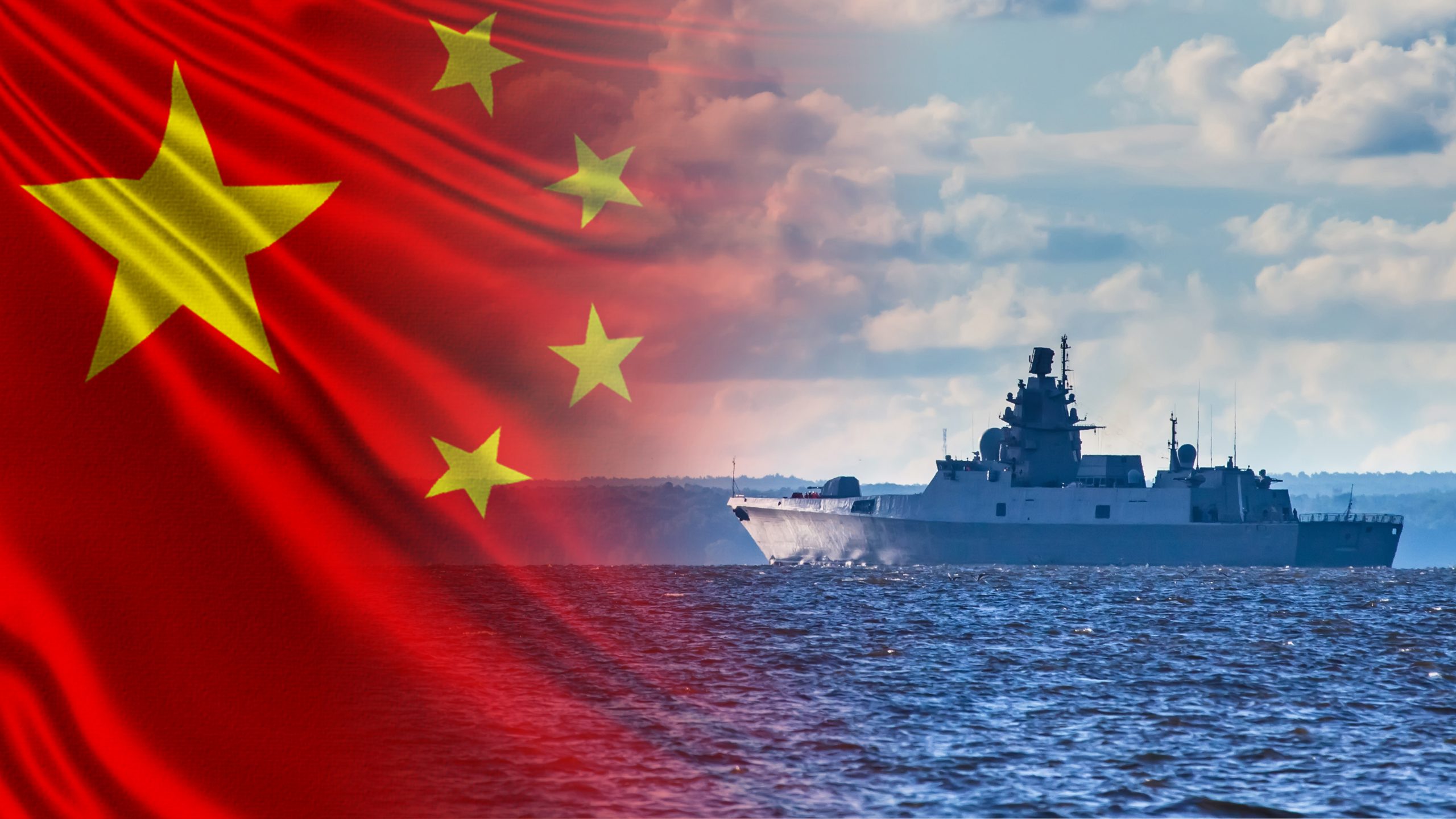China Deploys Military Assets Near Taiwan Waters

In a demonstration of military power, China sent 43 warplanes and seven naval vessels close to Taiwan’s airspace and territorial waters on Wednesday. This large-scale drill is a part of Beijing’s ongoing campaign to assert its claims over Taiwan, an island that has been self-governed since 1949.
The Chinese flotilla included seven ships and 43 planes, 37 of which crossed into Taiwan’s side of the Taiwan Strait. In response, Taiwan deployed its own planes and naval forces. “43 People’s Liberation Army (PLA) aircraft and 7 navy vessels around Taiwan were detected by 6 a.m.(UTC+8) today. #ROCArmedForces have monitored the situation and tasked CAP aircraft, Navy vessels, and land-based missile systems to respond,” the Taiwanese Ministry of National Defense said.
Such actions from China have become frequent and more aggressive in recent years. Chinese warplanes have repeatedly violated Taiwan’s airspace as part of Beijing’s strategy to intimidate the Taiwanese government, which it considers to be part of its territory. China’s largest-ever military drill occurred in August 2022 after then-House Speaker Rep. Nancy Pelosi (D-CA) visited Taiwan with a congressional delegation.
Despite these rising tensions, the United States has remained a steadfast supporter of Taiwan. Although Washington does not officially recognize Taiwan as an independent country, it is committed to supporting the island nation. President Joe Biden plans to meet with Chinese President Xi Jinping later this month in San Francisco. White House press secretary Karine Jean-Pierre said, “It’s going to be a constructive meeting. The president’s looking forward to it.”
The situation is precarious, with Washington preparing for a potential war with China over Taiwan’s sovereignty in the coming years. Both countries are rapidly modernizing their forces in anticipation of possible conflict. At the same time, Taiwan is increasing its defense budget to purchase new equipment from the U.S. and produce some items locally, including submarines.
In a message to the international community, Gen. Zhang Youxia, China’s second-ranking military official, warned at a defense forum in Beijing that “China and the Chinese military will never allow” Taiwan to declare formal independence. This assertion of dominance highlights the lengths Beijing is willing to go to prevent any moves toward establishing Taiwan’s formal independence.
The situation in the South China Sea remains tense, with China claiming virtually the entire area and engaging in disputes with its Southeast Asian neighbors, Japan and India. These military maneuvers by China are viewed as attempts to wear down Taiwan’s defenses, break the morale of its people, and assert regional leadership. Despite the challenges, Taiwan continues to enjoy de facto independence, with the support of the United States and the commitment of its people to maintain their way of life.
The international community must remain vigilant and support the principles of freedom and sovereignty. As China continues to flex its military might and engage in aggressive actions, the world must stand united in the face of these threats. The defense of Taiwan is not just a regional issue but a testament to our commitment to a world that respects the rights and freedoms of all nations.
























